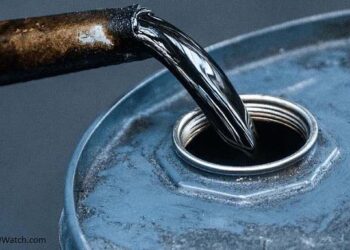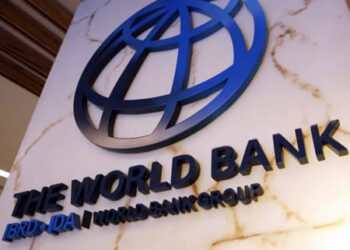The escalating public spending on exotic cars for federal lawmakers has sparked concern and criticism after revelations that the National Assembly has splurged a staggering sum of N53.7 billion on cars for elected lawmakers over the past 12 years.
According to RateCaptain’s report, the period between 2011 and 2023 will see a jaw-dropping total of N53.7 billion spent solely on purchasing vehicles for federal lawmakers. This extravagant expenditure has drawn sharp opposition from several of Nigeria’s major civil society organizations (CSOs), who argue that such spending is neither “justifiable” nor “sustainable.”
It has been brought to light that both senators and members of the House of Representatives are provided with exotic cars every four years, and the cost of these luxurious vehicles runs into billions of Naira. Starting from the 7th Assembly in 2011 and continuing to the 10th Assembly in 2023, the total spending on cars for lawmakers will reach a colossal N53.7 billion.
In the 7th Assembly (2011-2015), a staggering N3.5 billion was allocated for cars exclusively for serving lawmakers. The expenditure further ballooned to N4.7 billion during the 8th Assembly (2015-2019).
As public outcry continues to mount, many critics question the justifiability of such lavish spending on cars for lawmakers, especially considering the nation’s pressing economic challenges and the need for prudent allocation of public funds.
The opposition from various civil society organizations emphasizes the urgent need for fiscal responsibility and financial accountability in public spending. The debate over whether such large-scale spending on luxury vehicles for lawmakers is a prudent use of public resources is gaining traction and demanding attention from both the government and the public.
As discussions and debates continue, stakeholders and concerned citizens are calling for more transparency and stringent measures to ensure responsible spending of public funds and prioritize projects that can have a more significant impact on the welfare of the Nigerian people.










